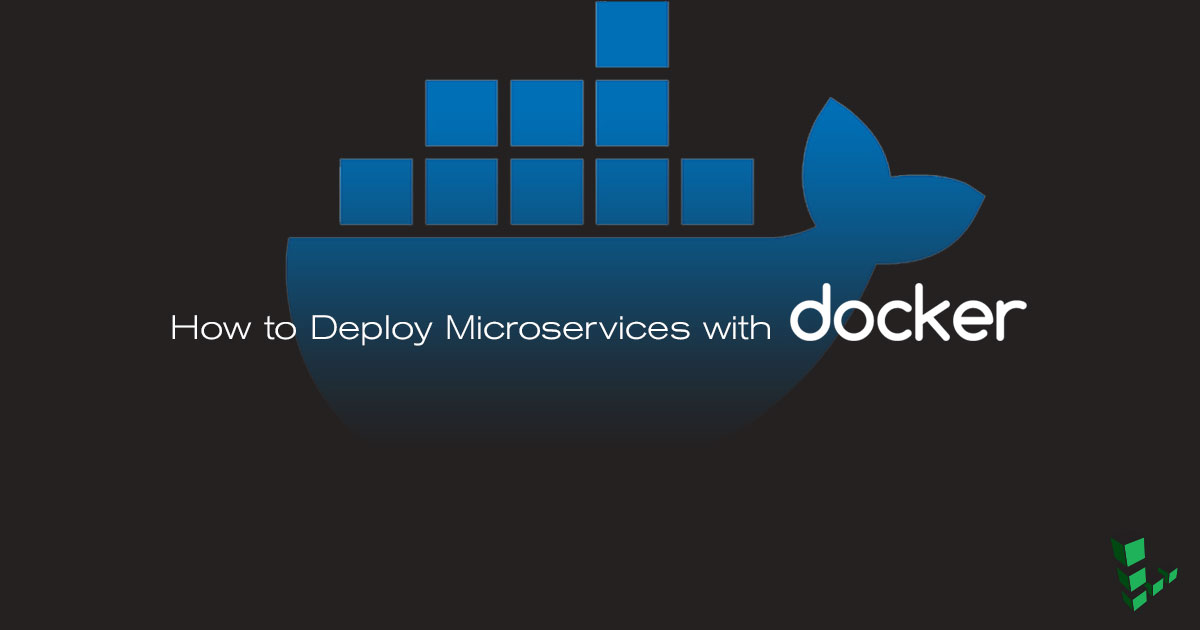Docker has revolutionized web development by offering a consistent, reproducible, and scalable environment for developers. When combined with Ubuntu, an open-source and widely used operating system, Docker enhances development workflows by ensuring dependencies and configurations remain uniform across different machines. This white paper explores how Docker can be leveraged for web development on Ubuntu, highlighting key use cases and benefits.
White Paper: Leveraging Docker for Web Development on Ubuntu
Introduction
Docker has revolutionized web development by offering a consistent, reproducible, and scalable environment for developers. When combined with Ubuntu, an open-source and widely used operating system, Docker enhances development workflows by ensuring dependencies and configurations remain uniform across different machines. This white paper explores how Docker can be leveraged for web development on Ubuntu, highlighting key use cases and benefits.
Why Use Docker for Web Development?
- Consistency: Docker containers ensure that all developers and environments (local, staging, production) use the same software versions and dependencies.
- Isolation: Each project runs in a self-contained environment, avoiding conflicts between dependencies.
- Portability: A Docker container runs the same way on any system, reducing "it works on my machine" issues.
- Rapid Setup: Developers can quickly set up a project by running a single command, reducing onboarding time.
- Scalability: Containers allow easy replication of environments and microservices for scaling applications.
Installing Docker on Ubuntu
- Update package listsudo apt update
- Install Dockersudo apt install docker.io
- Verify installationdocker --version
- Start and enable Dockersudo systemctl start dockersudo systemctl enable docker
Use Cases of Docker for Web Development
1. Local Development Environment Setup
Developers can create isolated environments for different projects using Docker. For example, setting up a Node.js-based web application can be streamlined using a Dockerfile:
FROM node:14 WORKDIR /app COPY package*.json ./ RUN npm install COPY . . EXPOSE 3000 CMD ["npm", "start"]
Steps:
- Build the image:docker build -t my-web-app .
- Run the container:docker run -d -p 3000:3000 my-web-app
2. Multi-Service Applications with Docker Compose
Many web applications require multiple services (e.g., a database, a backend API, and a frontend). Docker Compose simplifies managing multi-container applications.
Example: Running a Node.js app with MongoDB
version: '3.8' services: web: build: . ports: - "3000:3000" depends_on: - db db: image: mongo ports: - "27017:27017"
Steps:
- Start all services:docker-compose up -d
- Stop services:docker-compose down
3. LAMP Stack in Docker
LAMP (Linux, Apache, MySQL, PHP) is a popular stack for web applications. Docker simplifies its deployment by containerizing each component.
Example: Docker Compose for LAMP
version: '3.8' services: apache: image: php:7.4-apache ports: - "8080:80" mysql: image: mysql:5.7 environment: MYSQL_ROOT_PASSWORD: root
Steps:
- Run the LAMP stack:docker-compose up -d
4. Laravel Development with Docker
Laravel, a PHP framework, can be efficiently developed using Docker.
Example: Laravel Dockerfile
FROM php:8.0-fpm WORKDIR /var/www COPY . . RUN apt-get update && apt-get install -y \ libpng-dev \ && docker-php-ext-install pdo pdo_mysql CMD ["php-fpm"]
Steps:
- Build the Laravel container:docker build -t my-laravel-app .
- Run the container:docker run -d -p 8000:8000 my-laravel-app
5. Zend Framework with Docker
Zend, now Laminas, is another powerful PHP framework that benefits from containerization.
Example: Zend Docker Compose
version: '3.8' services: php: image: php:7.4-apache volumes: - .:/var/www/html ports: - "8080:80"
Steps:
- Start the Zend application:docker-compose up -d
6. WordPress and Joomla Development with Docker Compose
WordPress Setup
version: '3' services: wordpress: image: wordpress:latest ports: - "8000:80" environment: WORDPRESS_DB_HOST: db WORDPRESS_DB_USER: example_user WORDPRESS_DB_PASSWORD: example_password WORDPRESS_DB_NAME: wordpress_db db: image: mysql:latest environment: MYSQL_ROOT_PASSWORD: root_password MYSQL_DATABASE: wordpress_db MYSQL_USER: example_user MYSQL_PASSWORD: example_password
Joomla Setup
version: '3' services: joomla: image: joomla:latest ports: - "8080:80" environment: JOOMLA_DB_HOST: joomla_db JOOMLA_DB_USER: example_user JOOMLA_DB_PASSWORD: example_password JOOMLA_DB_NAME: joomla_db joomla_db: image: mysql:5.7 environment: MYSQL_ROOT_PASSWORD: root_password MYSQL_DATABASE: joomla_db MYSQL_USER: example_user MYSQL_PASSWORD: example_password
Conclusion
Using Docker for web development on Ubuntu provides a robust, scalable, and efficient workflow. It simplifies environment setup, improves consistency across development and production, and enhances collaboration within teams. With use cases ranging from local development to cloud deployment, Docker is an essential tool for modern web development.
References
- Docker Documentation: https://docs.docker.com/
- Ubuntu Docker Guide: https://ubuntu.com/core/docs/docker-run
- Docker for Developers: https://www.codemag.com/article/1811021/Docker-for-Developers
